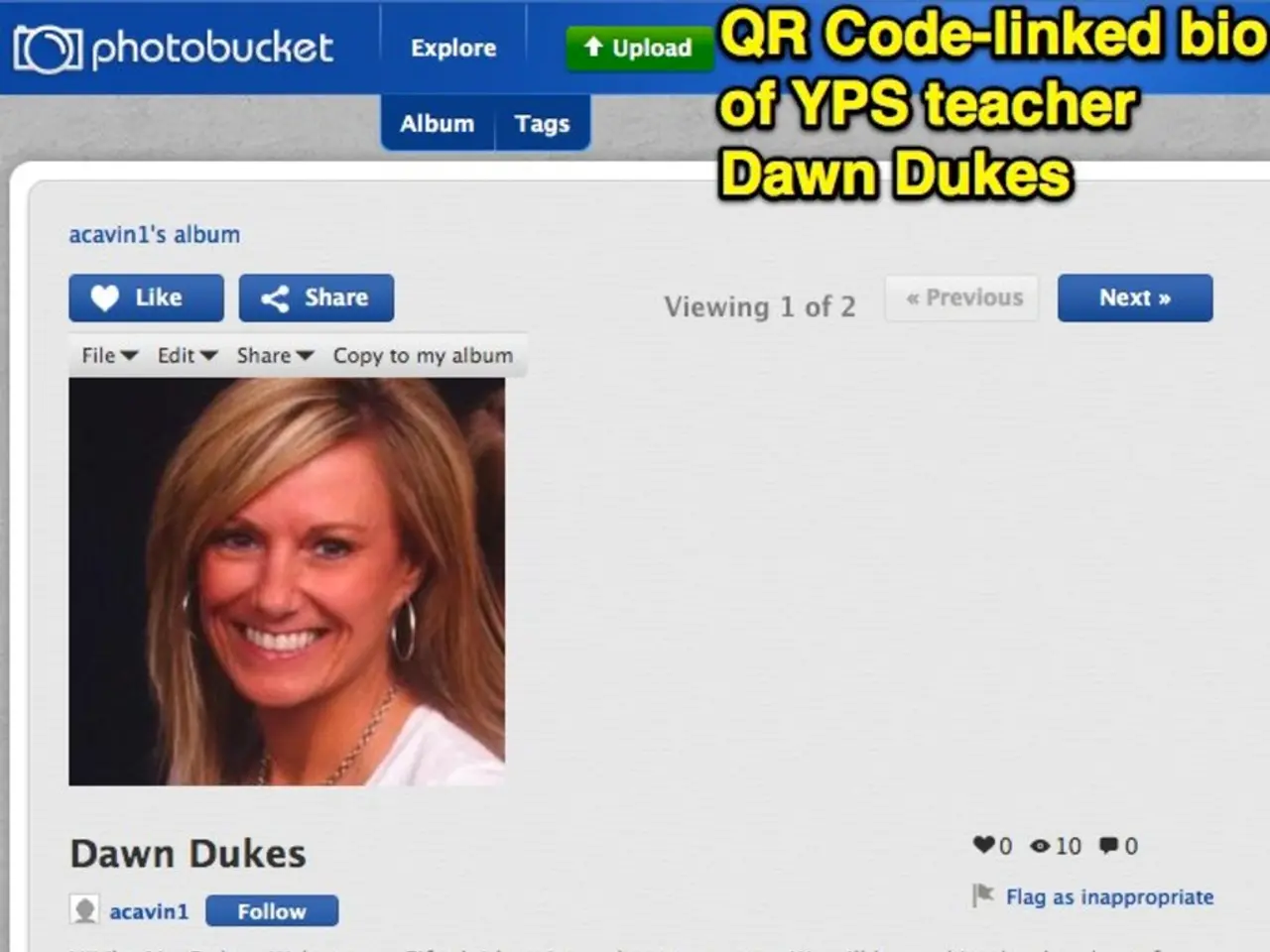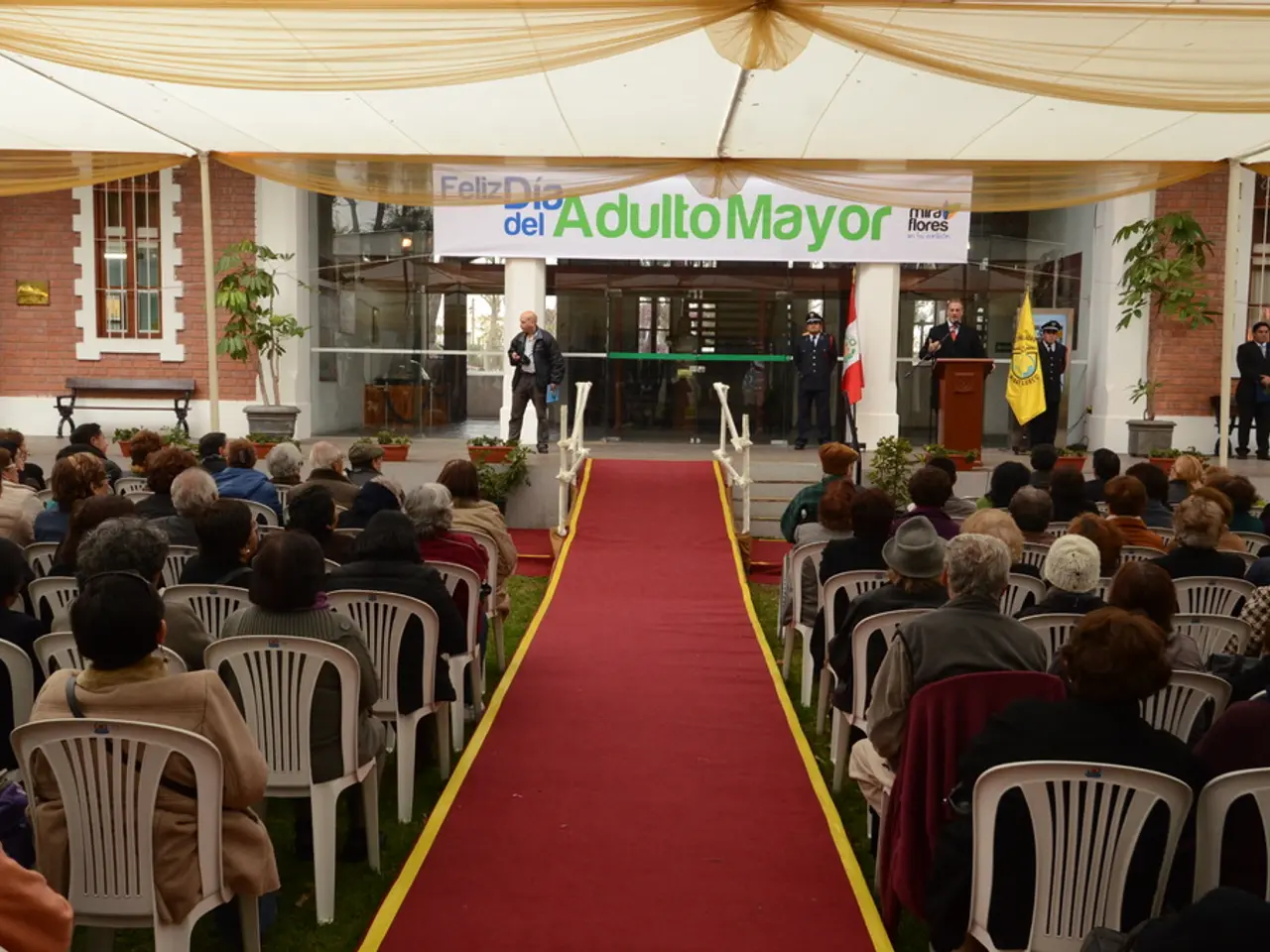Heintje Simons, famed as Hit star Hein, faces potential career termination.
Heintje Simons, the Dutch pop singer who rose to fame in 1967 with his hit song "Mama," is exploring the use of Artificial Intelligence (AI) to improve his hearing and potentially return to live performances. Simons' career took off at the age of 12, marking the beginning of an international career that has kept him in the limelight for over five decades. However, his hearing issues have put a halt to his live performances.
Simons' current hearing aids only amplify sounds, not filter them, making it difficult for him to distinguish between music, speech, and background noise during live performances. This lack of clarity has led to concerns about his career, as he does not want to perform if it is not possible to deliver a satisfactory performance. As a result, he has cancelled all concerts.
Recent advancements in AI technology for hearing-impaired musicians focus on real-time AI-driven sound optimization and selective noise cancellation (SNC) to enhance auditory perception and musical experience. These advancements aim to restore hearing and, more importantly, to enhance musical engagement and creativity for hearing-impaired musicians.
One key area of exploration is AI-powered real-time sound processing, which uses dedicated chips inside modern hearing aids to separate music and speech from background noise and adapt dynamically to changing acoustic environments. Advanced AI models like convolutional recurrent networks (CRN) provide sophisticated noise filtering tailored to complex auditory scenes, allowing better personal adaptation and context-aware sound enhancement.
Personalization through machine learning is another area of focus, with devices learning user-specific sound preferences over time to optimize hearing aid settings continually. AI-integrated aids now feature seamless Bluetooth streaming and compatibility with smartphones and smart home devices, enabling hearing-impaired musicians to manage audio inputs precisely during rehearsals or performances.
Beyond hearing aids, AI vocal tools help musicians with hearing disabilities produce vocals with correct pitch and clarity. This could potentially benefit artists like Heintje Simons by supporting musical expression despite auditory challenges.
If Hein "Heintje" Simons' hearing does not improve, he may be forced to retire sooner than he wants. However, he remains hopeful that AI technology will provide a solution to his hearing issues, allowing him to return to the stage and continue entertaining his many fans, especially in German-speaking countries.
Simons intends to perform again only when he can do so with one hundred percent certainty, ensuring that his fans receive the best possible performance. Despite his age, Simons' hearing is no longer reliable, making it essential for him to find a solution to this challenge. With the ongoing advancements in AI technology, it is possible that Simons may soon find a solution that will allow him to continue his successful career in music.
[1] Advancements in AI for Hearing-Impaired Musicians
[2] Selective Noise Cancellation in Hearing Aids
[3] AI Vocal Tools for Hearing-Impaired Musicians
[4] Real-Time AI-Driven Sound Processing
[1] The advancements in AI for hearing-impaired musicians, such as real-time AI-driven sound optimization and selective noise cancellation, hold promise for Heintje Simons as they aim to restore hearing and enhance musical engagement and creativity for hearing-impaired musicians.
[2] Heintje Simons' struggle to distinguish between music, speech, and background noise during live performances highlights the potential of selective noise cancellation (SNC) in hearing aids, a feature that could improve his live performances.
[3] AI vocal tools, designed to help musicians with hearing disabilities produce vocals with correct pitch and clarity, could potentially support Heintje Simons in continuing his successful career in music despite his auditory challenges.
[4] Innovations in AI-powered real-time sound processing, which have the capability to separate music and speech from background noise and adapt dynamically to changing acoustic environments, are significant for hearing-impaired artists like Heintje Simons who aim to deliver satisfactory performances.








